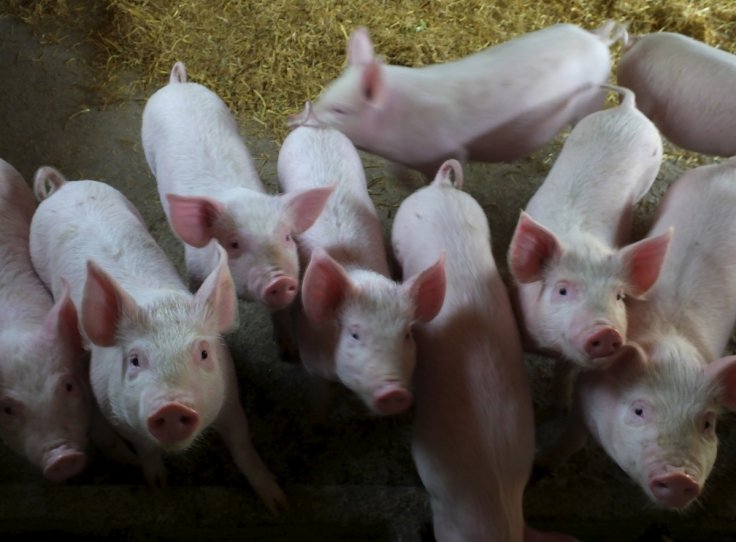Researchers in China have discovered a new strain of influenza that is capable of triggering another pandemic, according to a study published in the US science journal PNAS. The new virus, named G4, is a genetic descendant of the H1N1 virus that caused a pandemic in 2009.
The virus has emerged recently and is carried by pigs but has the potential to spread between humans and cause a deadly worldwide outbreak, according to researchers.
It possesses "all the essential hallmarks of being highly adapted to infect humans," wrote scientists in the journal Proceedings of the National Academy of Sciences (PNAS).

As part of the research, between 2011 and 2018, researchers took 30,000 nasal swabs from pigs in slaughterhouses in Chinese provinces and veterinary hospitals, allowing them to isolate 179 swine flu viruses. Researchers found that G4 was highly infectious replicating in human cells and causing more serious symptoms in subjects. Tests also showed that any immunity humans gain from exposure to seasonal flu does not provide protection from G4.
Virus Jumped From Pigs to Humans
Scientists have recommended that measures should be taken to control the virus in its current form before it mutates or evolves, and that anyone who works with pigs or in the swine industry should be closely monitored for the disease.
More than one in 10 swine workers have already been infected by the virus, according to antibody blood tests which showed exposure to the virus. Additionally, tests revealed about 4.4% of the general population appeared to have been exposed to the new flu strain.
Could Trigger a Global Outbreak

The virus has already jumped from animals to humans but there it is not yet known whether human to human transmission of the virus is possible, which remains the primary concern of scientists. "It is of concern that human infection of G4 virus will further human adaptation and increase the risk of a human pandemic," the researchers wrote.
Although the virus is not an immediate problem, it does come as a reminder that like the coronavirus spreading rampantly across the globe, there are always new pathogens that can evolve and mutate.
"Right now we are distracted with coronavirus and rightly so. But we must not lose sight of potentially dangerous new viruses," Prof Kin-Chow Chang of Nottingham University told the BBC. "We should not ignore it."









